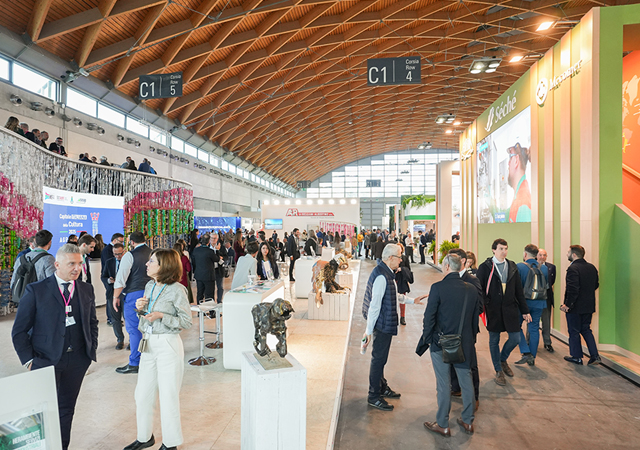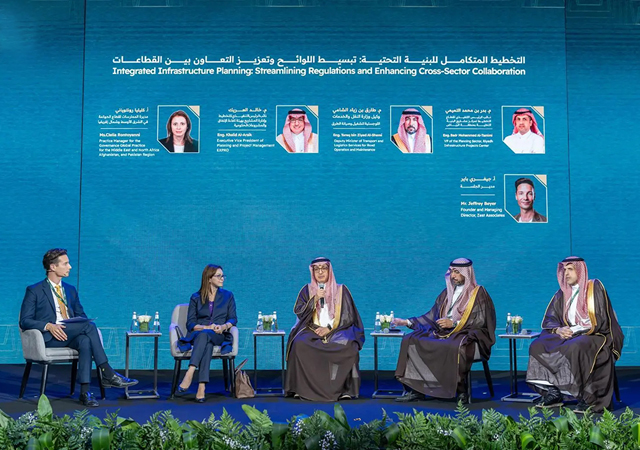
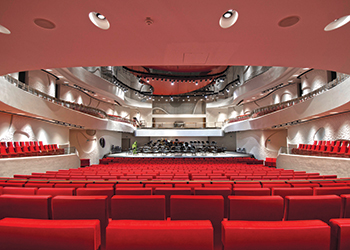 House of Music in Aalborg, Denmark ... Contur Unity specified.
House of Music in Aalborg, Denmark ... Contur Unity specified.
Scandinavian acoustics expert Knauf Danoline (formerly Danogips) has added a revolutionised ceiling tile to its ever-growing repertoire.
Called Unity 4, the tile has perforations that go directly to the edge, offering a uniform and unbroken surface as well as easy access to concealed installations.
“Unity 4 has already been introduced to several markets in Europe with great success. And now architects and contractors in the Middle East can look forward to working with this latest addition to the Unity series as well,” says Erik Ipsen, design development manager at Knauf Danoline, Denmark.
Having worked closely with a group of architects, Knauf Danoline identified certain features that were particularly sought-after by all architects, such as great acoustics, unbroken surface and easy access to concealed installations.
Ipsen elaborates: “A sharp, consistent and unbroken surface is a top priority for architects when specifying ceiling elements. That was our conclusion after working with a focus group of architects.
.jpg) |
Ipsen with a Unity tile. |
“We have to deliver what architects want. Not only do we have to create an aesthetically attractive solution, we also have to take into account the daily use and maintenance of a building. Ceiling panels have to be easy to remove, which is not easily achieved when the surface also has to be smooth and unbroken. Therefore, we needed a completely new approach to take our acoustic ceilings to the next level.”
Unity was the solution, the first-ever gypsum-based ceiling with perforations directly to the edge, he adds.
With polished, sharp edges and perforations running to the edge, Unity achieves a highly aesthetical look with a clean and unbroken surface and has a rail system that can be either recessed or concealed into the construction. In addition to the latest Unity 4, the Unity series includes two other perforation designs called Unity 3 and Unity 8/15/20.
“Unity fulfils the need architects have for unbroken, sharp design. The three different types of perforations and suspension options make it possible to focus on even the smallest elements in the design and create depth in the room,” says Ipsen.
 |
The Louvre Abu Dhabi ... Knauf Danoline tiles specified and being installed. |
Improved acoustics
As a building material, plasterboard offers good acoustic qualities. The material’s natural sound-absorbing qualities are enhanced when perforated. Unity’s unique perforation design means that the acoustic performance is further improved.
“The abstraction area of the plasterboard that absorbs sound waves has been increased from 12 to 17 per cent by perforating right to the edge. Diffusion performance has also improved, which means that sound is distributed better around the room. Unity, therefore, provides an excellent acoustic effect, helping to create a better indoor climate,” states Ipsen.
“The new design retains the same level of easy installation and dismantling as our other ceiling systems. Regular maintenance of the building was, therefore, ‘designed into’ the product.”
Working with architects gives Knauf Danoline fresh insight into what they require which translates into customer benefits.
“Unity is a totally new solution which we have developed in order to fulfil the needs of everyone involved. The focus group and the knowledge they gave us showed how important customer involvement is when developing and optimising building materials,” concludes Ipsen.





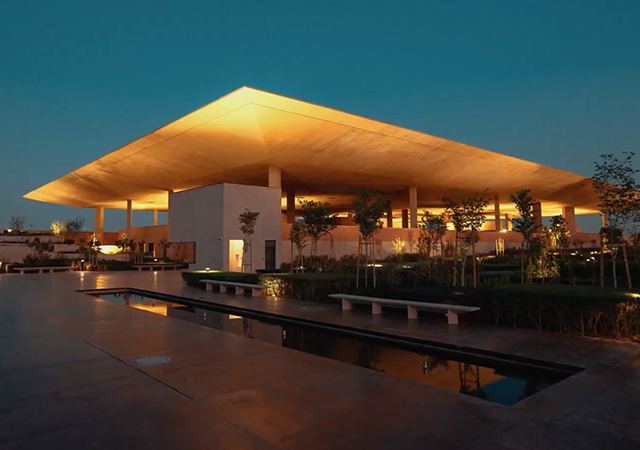
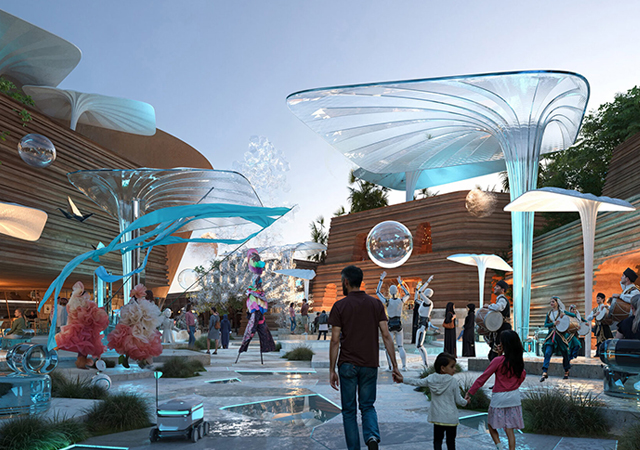

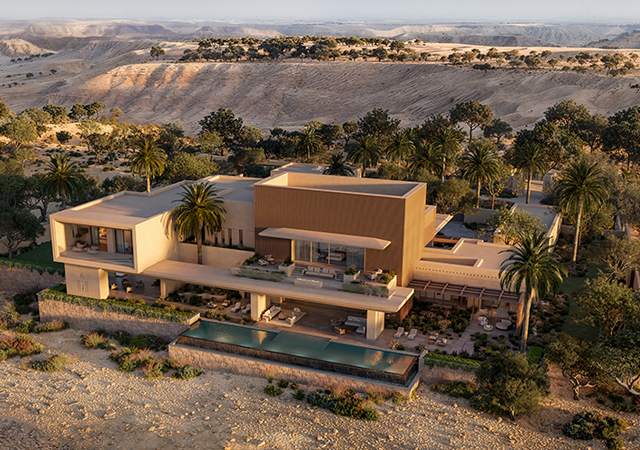
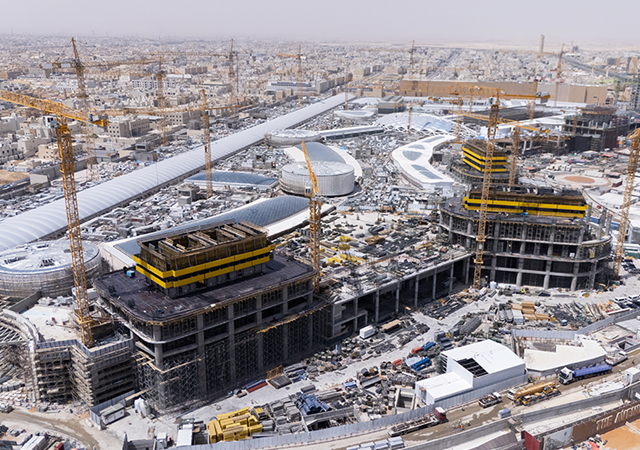
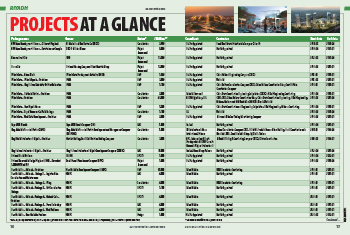
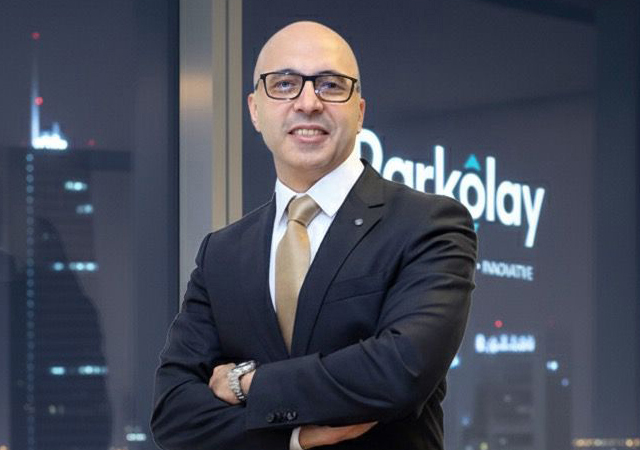



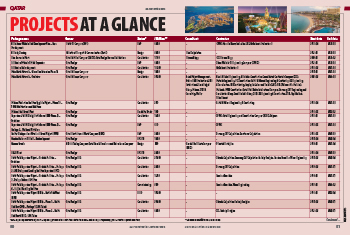
.jpg)

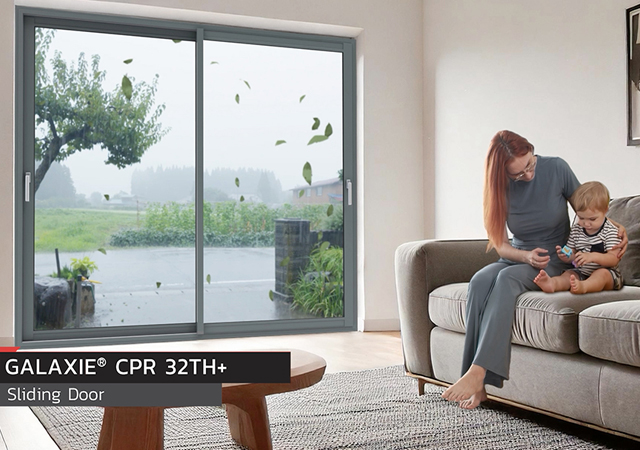

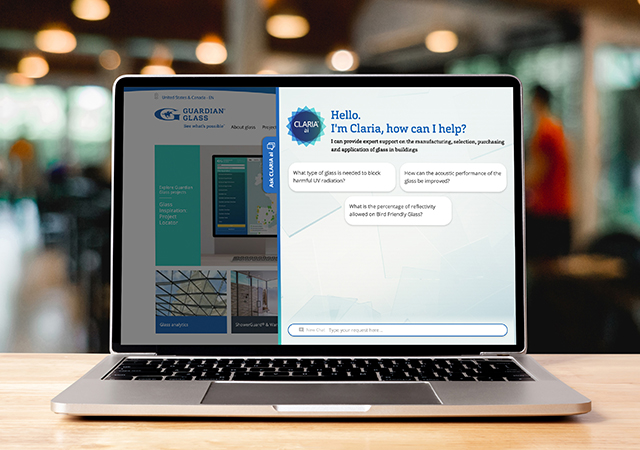


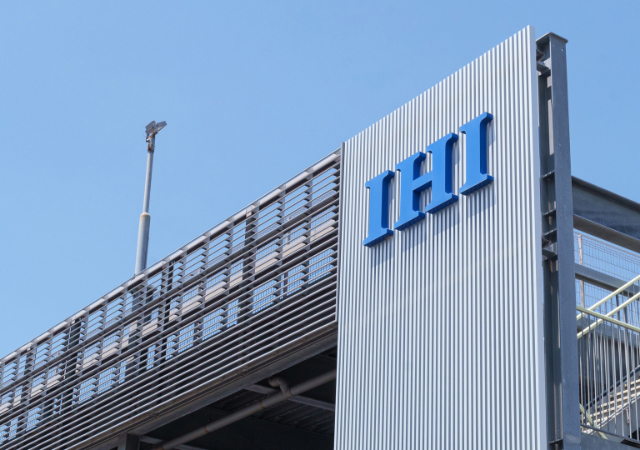
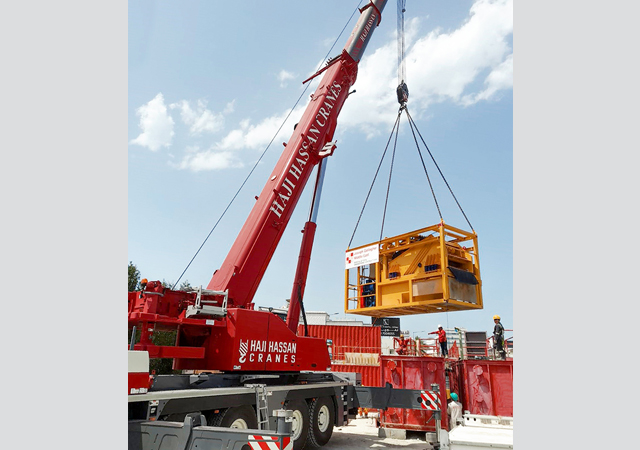
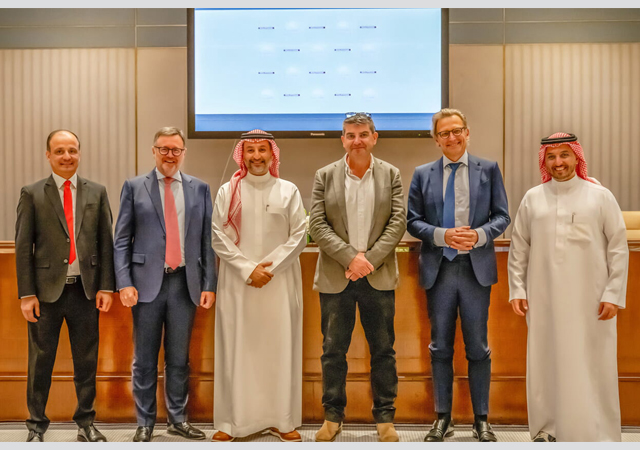
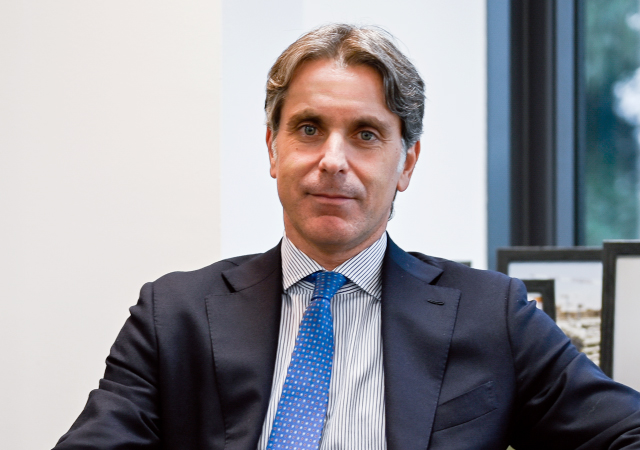
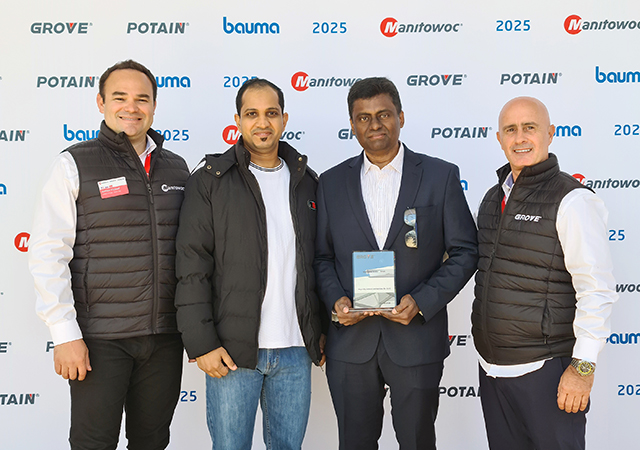
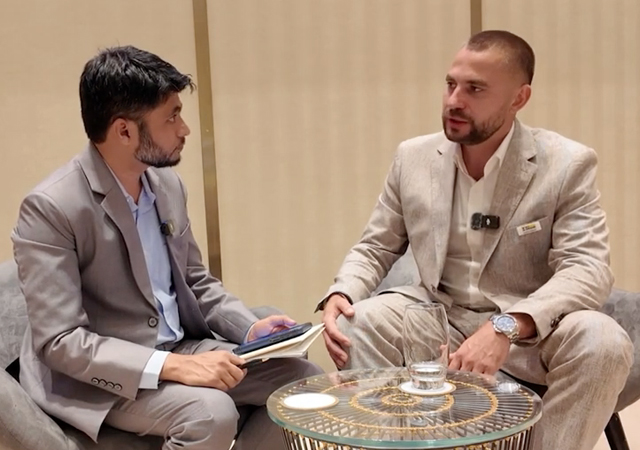
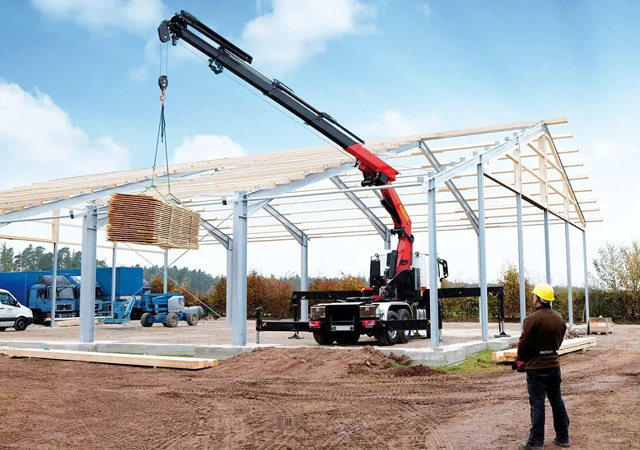
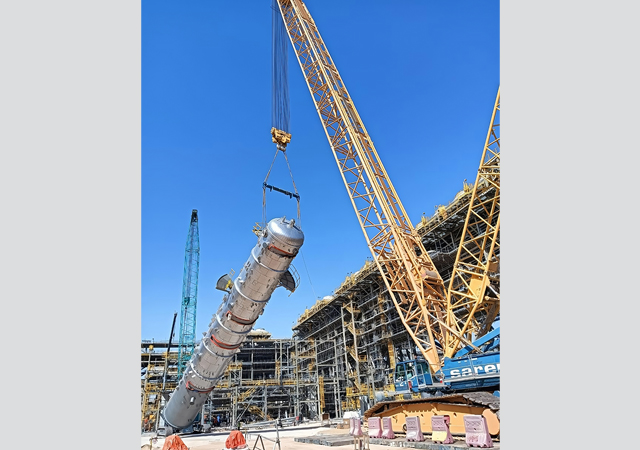
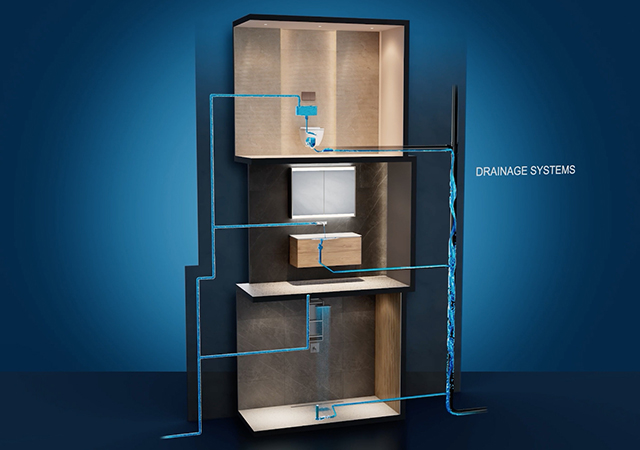


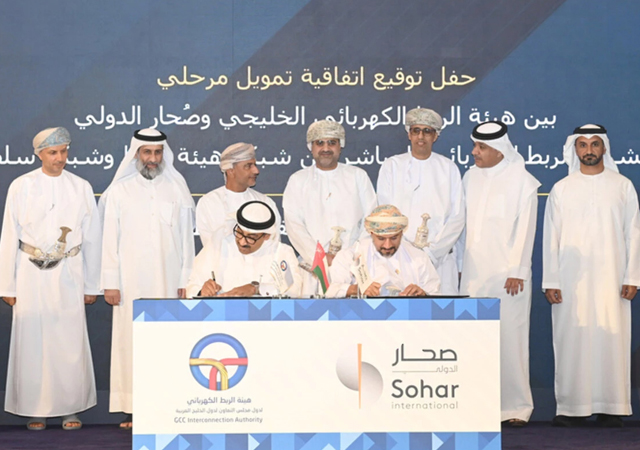


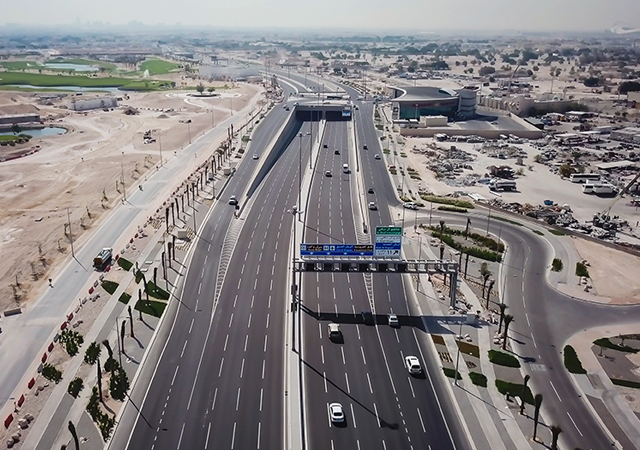
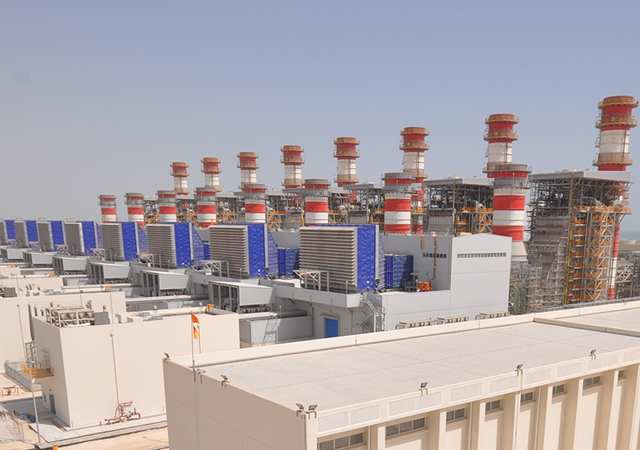
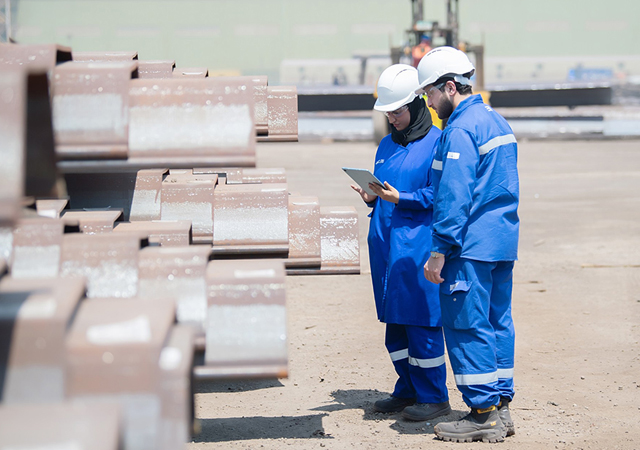

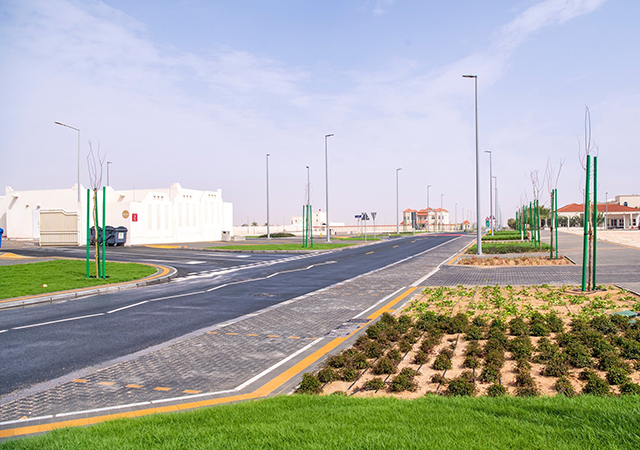
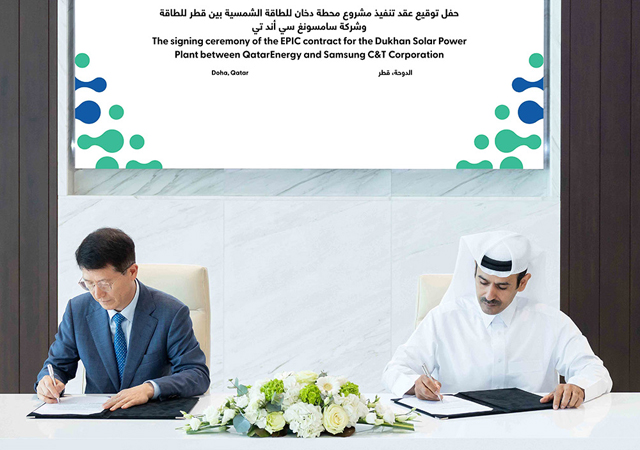
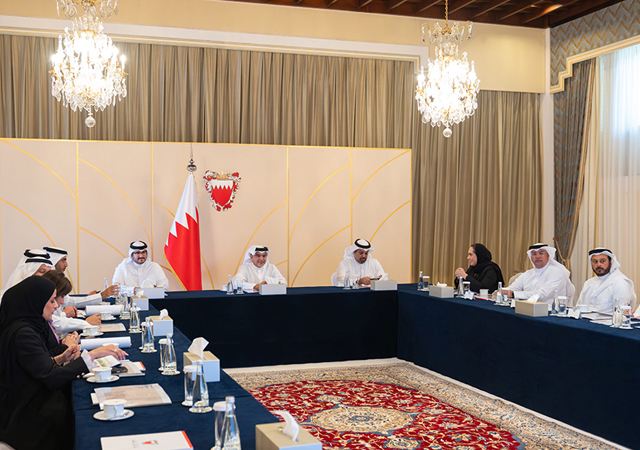



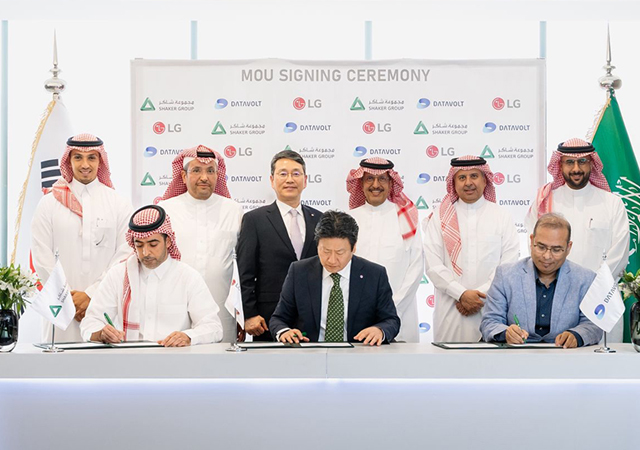
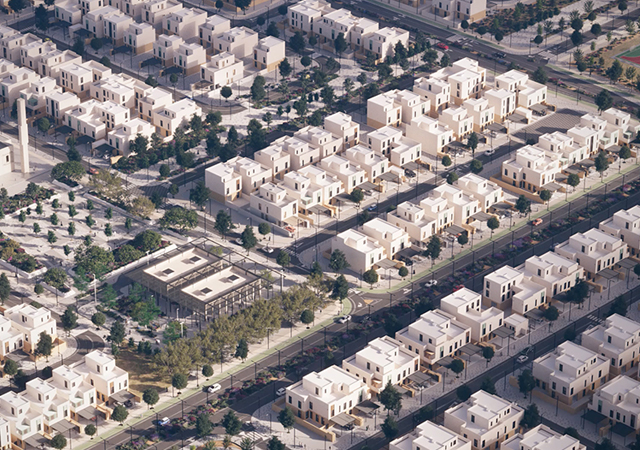




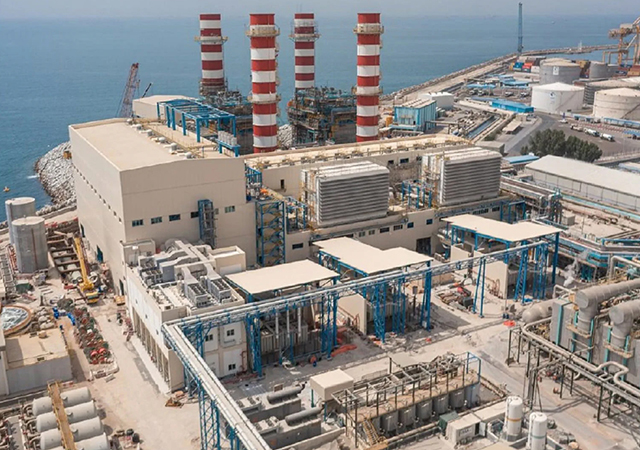



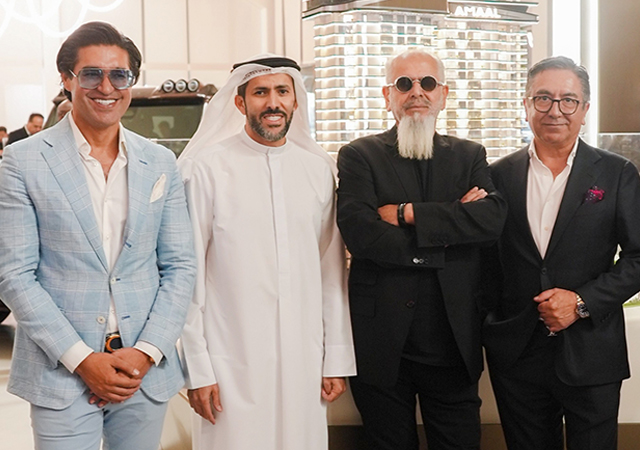

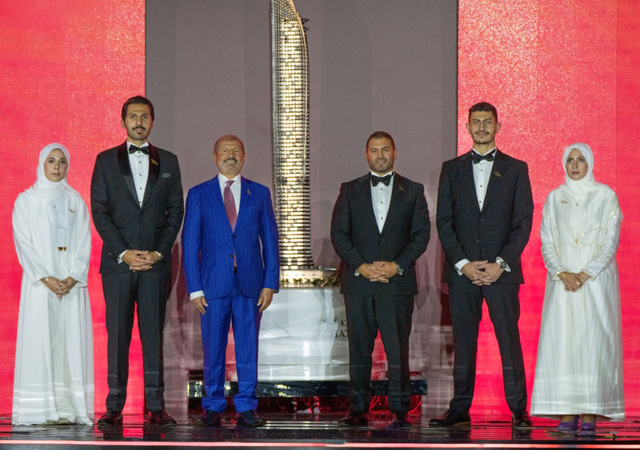
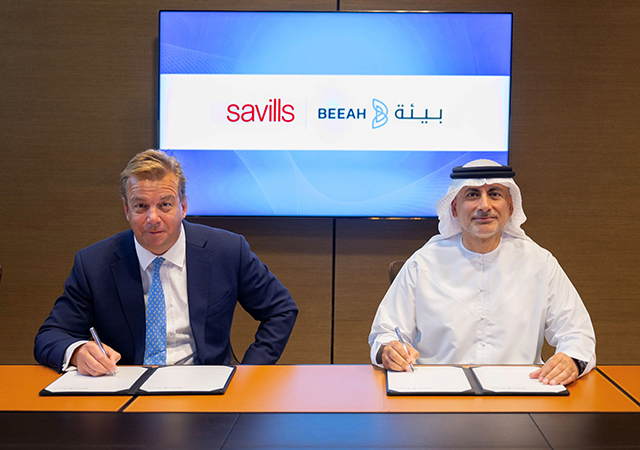
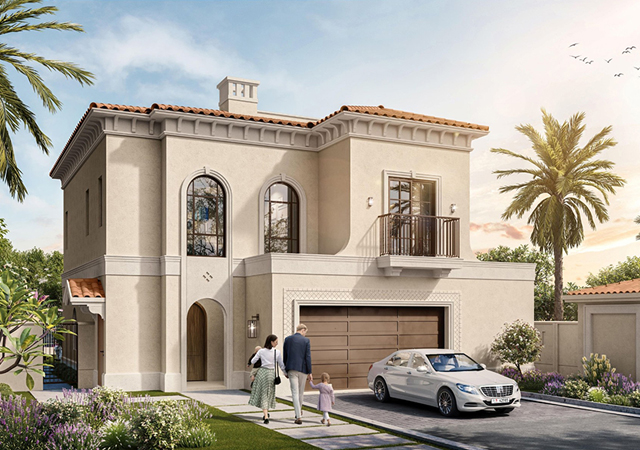

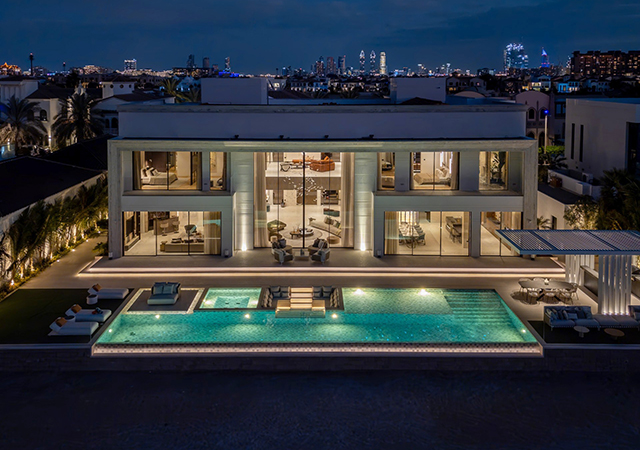
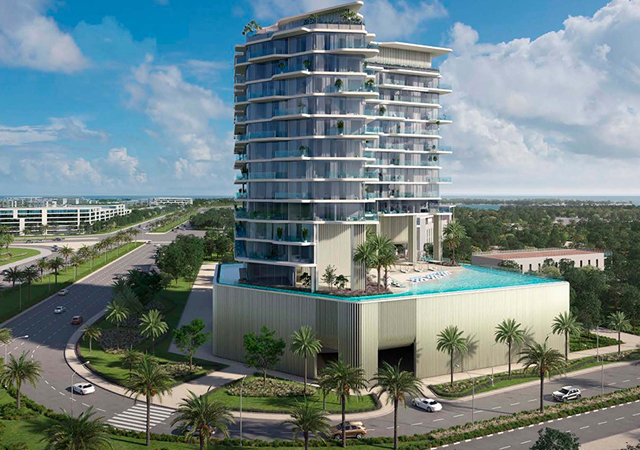
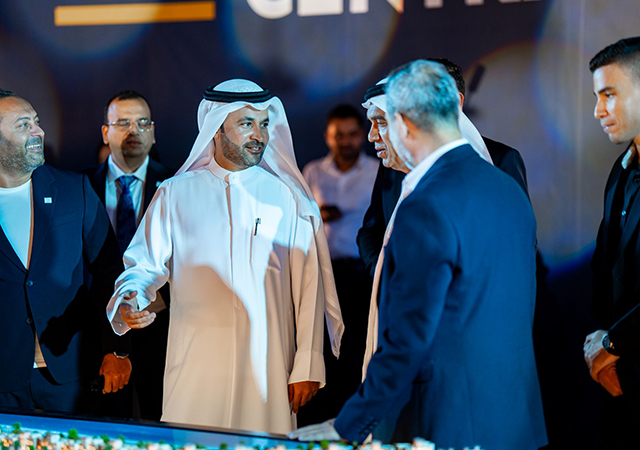
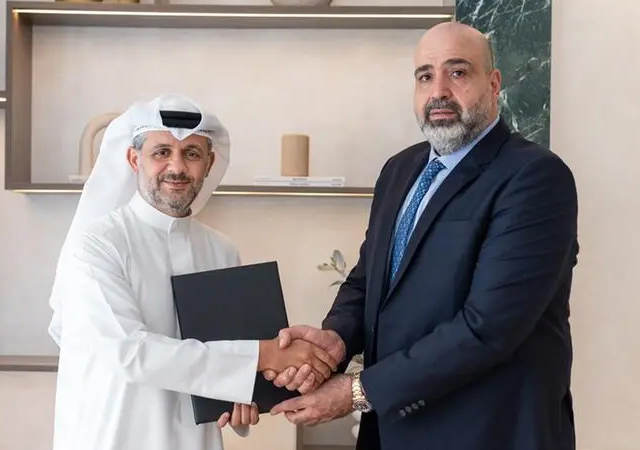
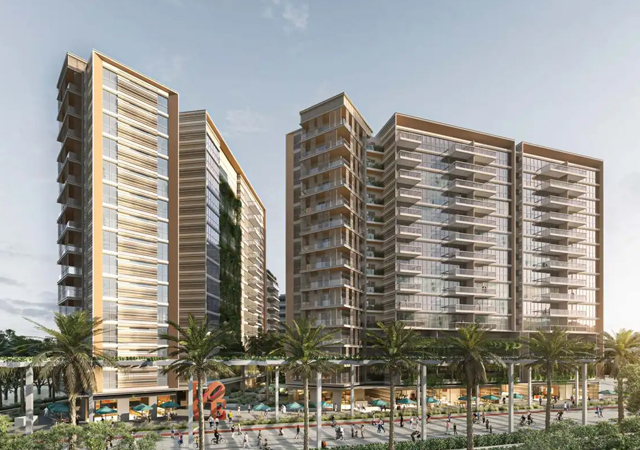
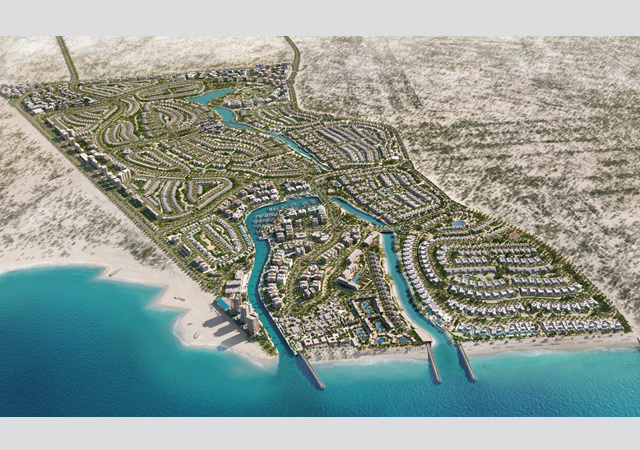
.jpg)
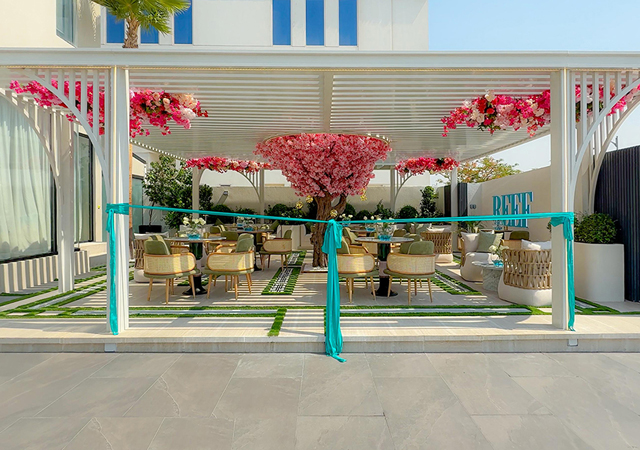



.jpg)

